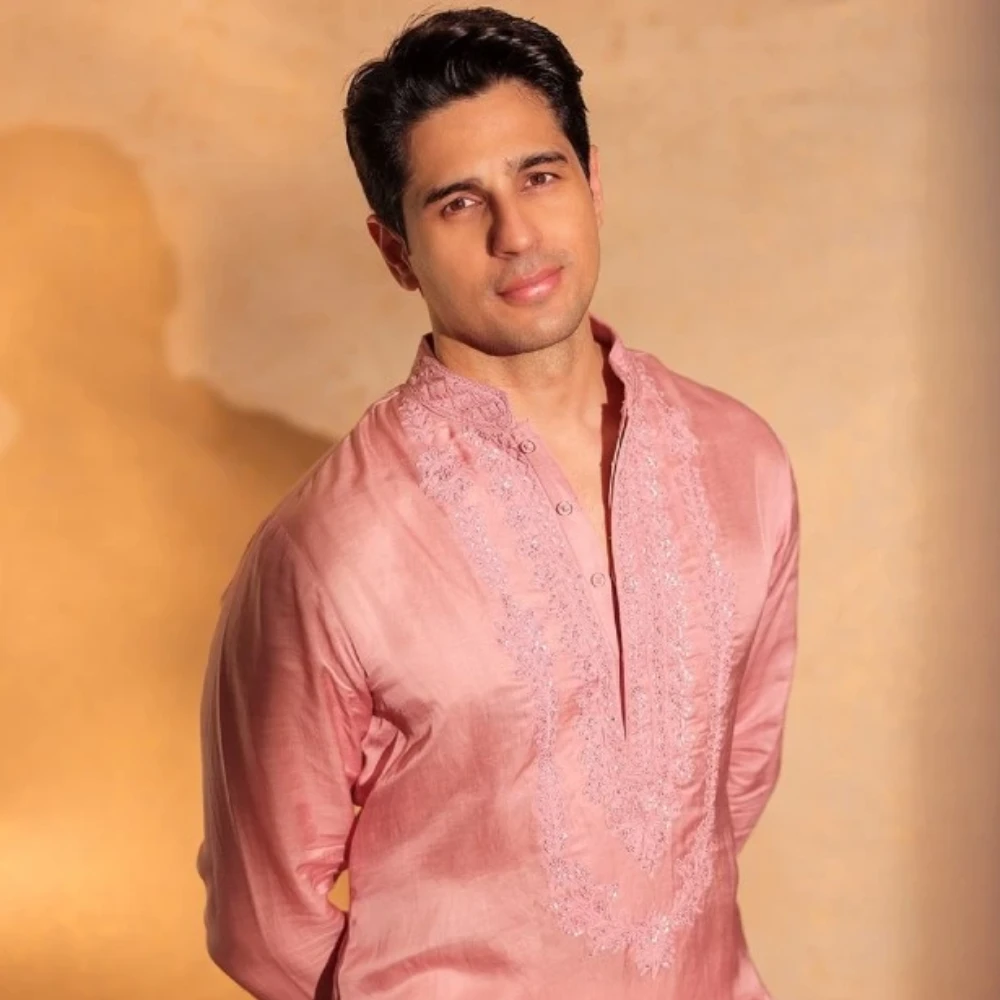Men vs Women After Breakup: Exploring Gender Differences in Coping and Recovery
Let’s delve into the intricate dynamics of men vs women after a breakup and gain a deeper understanding of the post-breakup journey and healing for both genders.

Breakups are undoubtedly challenging experiences that can leave lasting emotional scars and emotional pain. However, the ways in which men and women navigate the aftermath can differ significantly. By delving into the intricacies of how to handle a breakup, we aim to provide a comprehensive understanding of how men and women cope with and recover from breakups.
In this article, we explore men vs women after a breakup. Through a nuanced examination, we uncover how each gender navigates the emotional roller coaster of heartbreak. Additionally, we address the often-debated question of which gender tends to suffer more and delve into the factors that influence recovery from a breakup.
1. Emotional Expression and Communication:
Male psychology after a breakup often finds it challenging to openly express their emotions. Societal norms and gender expectations may discourage men from displaying vulnerability and seeking emotional support. On the other hand, women tend to be more comfortable expressing their feelings and seeking solace through communication. They often rely on friends, family, or support groups to share their emotions and gain perspective on their breakup experience.
2. Social Support Networks:

Female behavior after abreakup includes women often relying on their social networks for emotional support during and after a breakup. They tend to lean on close friends, family members, or even professional therapists to process their emotions. Women often value the opportunity to talk through their feelings, seek validation, and receive empathy from their support system. In contrast, men often rely on self-reliance or a select few confidants. They may find it challenging to open up about their emotions to others and prefer dealing with their breakup internally.
According to Helena Roman, a Relationship Strategist & Empowerment Coach and the Founder of Sage Love Advice, “Men and women's experiences after a breakup can change over time. Due to being proactive about developing strong coping mechanisms such as self-reflection, engaging in self-care practices and addressing emotional response triggers can help build skills toward emotional self-regulation.”
3. Coping Mechanisms:

Men and women often employ different coping mechanisms to deal with the emotional turmoil of a breakup. Men are more prone to engage in distracting activities or behaviors, such as throwing themselves into work, pursuing hobbies, or seeking new adventures. These distractions serve as a temporary escape from the pain of the breakup. Women, on the other hand, may lean towards self-reflection, seeking therapy, or engaging in self-care practices. They may journal their thoughts, meditate, exercise, or explore creative outlets as a means to heal and find inner peace.
4. Seeking Closure:
Closure holds varying degrees of importance for men and women after a breakup. Women often have a stronger desire for closure and understanding of the reasons behind the breakup. They may seek closure through conversations with their ex-partner, searching for answers, or analyzing the relationship's dynamics. In contrast, men may be more inclined to accept the situation and move on without seeking extensive closure. They may prioritize focusing on the future rather than dwelling on the past.
5. Handling Loneliness:

Men and women may experience different degrees of loneliness after a breakup. Men, in general, maybe more prone to feeling a sense of loneliness due to a smaller support network. They may rely heavily on their romantic partner for emotional connection and struggle to fill that void in their social interactions. Women, on the other hand, tend to have stronger social connections outside of the romantic relationship. They may lean on friends, family, or support groups, which can help alleviate feelings of isolation and loneliness.
6. Impact on Self-Esteem:
Breakups can impact self-esteem differently for men and women. Women may experience a more significant blow to their self-esteem following a breakup. They tend to internalize the end of a relationship and question their self-worth. Women may engage in self-criticism, analyzing their role in the breakup, and experiencing a sense of loss in their identity. Conversely, men may be more affected by the loss of their partner's companionship and the impact on their daily routines, rather than questioning their intrinsic value.
7. Emotional Processing Speed:
Women often process their emotions more quickly and intensely after a breakup compared to men. They may experience a range of emotions, such as sadness, anger, and confusion, more immediately. Women tend to engage in emotional catharsis, allowing themselves to fully experience and express their feelings. Men, on the other hand, may experience delayed emotional responses. They may initially suppress their negative emotion as a defense mechanism, which can lead to a prolonged healing process.
8. Reflection and Growth:
Women commonly engage in introspection and personal growth following a breakup. They seek lessons from the experience and use it as an opportunity for self-improvement. Women may prioritize self-care, invest in their personal goals, and explore their own identity outside of the relationship. Men, on the other hand, may prioritize moving forward and may be more focused on future goals rather than reflecting deeply on the past. They may seek new experiences or distractions as a means to move on from the breakup.
9. Impact on Physical Health:

Breakups can impact physical health differently for men and women. Men may experience a greater impact on their physical health due to stress-related factors. The emotional distress of a breakup can manifest in symptoms such as disrupted sleep, changes in appetite, or even physical pain. Women, on the other hand, maybe more susceptible to emotional distress affecting their physical well-being. They may experience a decrease in energy levels, changes in eating patterns, or fluctuations in weight.
10. Impact on Mental Health:
Breakups can have significant effects on mental health for both men and women. Women tend to be more vulnerable to developing conditions like depression and anxiety following a breakup. The emotional upheaval, combined with a potential loss of social support, can contribute to these mental health challenges. Men, on the other hand, may experience a delay in seeking professional help for their mental health needs. Societal expectations of masculinity may discourage men from acknowledging and addressing their emotional struggles.
11. Rebound Relationships:

Men may be more likely to enter into rebound relationships shortly after a breakup. They may seek the comfort of a new romantic connection to distract themselves from the pain of the previous relationship. Women, on the other hand, generally take more time to heal before pursuing new romantic connections. They may prioritize self-reflection, personal growth, and emotional stability before venturing into new relationships.
12. Post-Breakup Stages:
Women and men may experience different patterns in the stages of grief following a breakup. Women often exhibit a more sequential progression through the stages of denial, anger, bargaining, depression, and acceptance. They may fully immerse themselves in each stage before moving on to the next. In contrast, men may exhibit intermittent fluctuations between these stages. They may experience moments of acceptance followed by periods of anger or sadness as they navigate their emotional healing process.
13. Long-term Effects:
The long-term effects of a breakup can vary for men and women. Women may carry the emotional residue of a breakup for longer periods. They may have a higher likelihood of revisiting past emotions or triggers associated with the breakup, especially in future relationships. Men, who may initially suppress their emotions, might face potential emotional challenges later in life. Unresolved feelings from past breakups can resurface, leading to difficulties in forming new emotional connections or maintaining intimacy.
Do Men or Women Suffer More After a Breakup?:
1. Emotional Intensity:
Women tend to experience more intense emotional distress during the breakup phase. The depth of their emotional investment in the relationship often amplifies the pain of separation. Women may feel a profound sense of loss, leading to feelings of sadness, grief, and heartache. The emotional intensity can manifest in physical symptoms such as sleep disturbances, loss of appetite, or even a temporary decline in overall well-being.
2. Duration of Distress:

Women may experience a longer duration of emotional distress post-breakup compared to men. The healing process for women may involve a gradual transition through various emotional stages, such as denial, anger, sadness, and eventually acceptance. The intensity of their emotions and the desire for closure may contribute to a prolonged healing timeline. In contrast, men may start feeling the effects of the breakup later, but their period of acute pain tends to be shorter-lived.
3. Sense of Loss:
Women often feel a more profound sense of loss after a breakup. They tend to invest more emotionally and build stronger connections within relationships. The loss extends beyond the end of the romantic partnership. Women may mourn the loss of shared dreams, future plans, and a sense of companionship. The depth of this loss can be challenging to overcome, as it may require significant adjustments to one's identity and life trajectory.
4. Impact on Identity:
Both women and men after a breakup can suffer a loss of identity. However, women may be more affected due to societal expectations that place relationships as central to their self-concept. The end of a relationship can create a void in their lives, leading to feelings of confusion and self-doubt. Women may question their worth, desirability, and ability to form meaningful connections, which can contribute to a prolonged healing process.
5. Social Support and Coping Strategies:
Women tend to seek and utilize social support more readily, which can contribute to their ability to cope with the emotional aftermath of a breakup. They often turn to friends, family, or support groups for empathy, validation, and advice. The presence of a strong support system can help women navigate their emotions and provide a sense of comfort. In contrast, men may be more reluctant to seek external support, relying on self-reliance or a limited circle of confidants, which can hinder their healing process.
Which Gender Gets Over a Breakup Faster?:
1. Emotional Healing Process:
Female psychology after a breakup tends to go through a more intricate emotional healing process, which can extend the duration of their recovery. They may engage in self-reflection, introspection, and emotional processing to navigate their feelings and gain closure. In contrast, men may appear to recover faster on the surface, as they may initially suppress their emotions. However, this delayed emotional response can lead to potential emotional baggage that resurfaces later in life.
2. Distractions and Focus:
Men are often more inclined to distract themselves with work, hobbies, or new relationships, which may contribute to the perception that they get over a breakup faster. They may throw themselves into activities that divert their attention from the pain of the breakup. By immersing themselves in other areas of life, men may experience temporary relief from the emotional distress associated with the end of the relationship.
3. Emotional Resilience:
Women may display greater emotional resilience in the long term when it comes to recovering from a breakup. They often process their emotions more intensively and actively engage in healing practices. This emotional resilience allows women to bounce back stronger, with a deeper understanding of themselves and their needs in future relationships. Men, who may initially seem to recover faster, may be more susceptible to unresolved emotional impact that can affect their future connections.
4. Support Systems:
Women's reliance on social support networks can aid in their healing process. They are more likely to seek emotional support from friends, family, or therapists. These supportive relationships provide women with outlets for expression, validation, and guidance. Men, often relying more on self-reliance, may have a smaller support network and may be less inclined to seek external assistance. This lack of support can prolong their healing process and impacts their ability to overcome the breakup swiftly.
5. Individual Differences:
Recovery rates vary greatly among individuals, regardless of gender. Factors such as personal resilience, coping mechanisms, and the nature of the breakup play a significant role in determining how quickly an individual moves on. While general tendencies may exist, it is essential to recognize that each person's experience is unique, and there is no definitive timeline for getting over a breakup.
Conclusion:
In the aftermath of a breakup, men and women embark on distinct emotional journeys. While men may initially appear to recover faster, their emotional healing process may be delayed, potentially resulting in long-term emotional baggage. Women, on the other hand, may experience more intense emotional distress and a longer recovery period, but they often display greater emotional resilience in the long run with their newfound freedom. Helena Roman adds, “Although men may appear to bounce back faster after a breakup, their healing experience may be delayed due to societal norms.
Women can experience a more profound level of emotional pain, and therefore may need more time to recover following a breakup. Understanding your and your partner's recovery patterns and levels of need regarding relationship closure can lend to a more productive breakup conversation, thus leading to more validation for both partners. Empowering yourself by understanding the differences between the way men and women process emotions post-breakup can foster healthier relationships in the future.”
Understanding these coping mechanisms in men vs women after breakup, emotional expressions, and recovery patterns is crucial for fostering empathy and dismantling stereotypes surrounding the post-breakup experience. It is essential to remember that individual differences play a significant role, and generalizations should be approached with caution.
ALSO READ: What to Do After a Breakup: The Ultimate Checklist





 JOIN OUR WHATSAPP CHANNEL
JOIN OUR WHATSAPP CHANNEL







































































